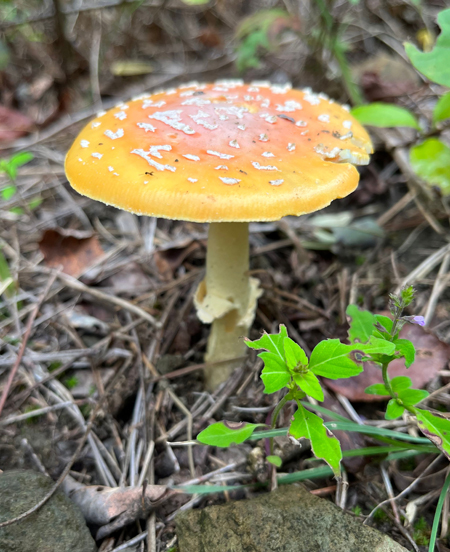 No meaning, no purpose…
No meaning, no purpose…
The sadness has taken over, leaving you too empty to enjoy life.
Motivation and energy are just GONE.
Even the basics – getting up, eating, showering – they’re starting to feel like Herculean tasks.
There’s a heavy weight that you’re constantly dragging around, and…
It’s ruining your life.
You’re pulling away from friends and family. You’re just too tired to be around others.
And that sets you up to feel even MORE lonely, empty, and hopeless.
It’s under your skin, agitating you.
The tears are beneath the surface.
And no one sees it.
Depression is often an invisible illness.
On the surface, everything in your life may seem okay. You may be getting your work done and going about life like you normally would.
People don’t suspect anything’s amiss…
But you’re drawing from an empty tank. You want to connect with others and break out of your loneliness, but you don’t have the energy or drive to do it.
Take heart. There IS a way out of this.
Our culture often pushes the narrative that we have to figure out our problems by ourselves. We’re taught that we just have to choose to be happy and grateful – as if depression were a choice.
It’s not. Depression is usually related to trauma, genetics, and factors outside of our control.
What’s more, depression is self-sabotaging in nature. Because the sorrow and pain make you feel so depleted and unmotivated, it’s hard to gather the strength to fight against your feelings.
That’s why it’s so important to seek help.
I’m here to help you regain your motivation, enjoy healthier relationships, and reconnect with your purpose.
Let’s get to the root of the problem.
Depression often stems from childhood trauma and early attachment issues. As a result, many people dealing with depression also have perfectionist tendencies and feel like they’re never good enough for anyone. This can be a barrier to getting help.
I take a gentle approach to therapy and seek to lessen the pressure that depression creates.
When it comes to healing, I believe you can get where you want to go faster by slowing down.
It may sound paradoxical, but going slowly allows you to pick up on the nuances of depression you might miss if you go too fast.
Above all, counseling provides a safe space to explore the underlying causes of depression and speak freely about what’s coming up for you.
We’ll be working together from the comfort of your own space, so you’ll have the privacy to open up about your issues without worrying about what other people think.
What you can expect during our sessions…
We’ll explore every area of your life: family, friends, work, spirituality, trauma, physical issues, etc. This will help us get a fuller, more holistic picture of your life and understand how depression affects each aspect of it.
A lot of therapy focuses on identifying and treating the root cause of depression, but we’ll also work on coping skills you can use to reduce your symptoms.
I draw from an eclectic mix of approaches.
Some of them are trauma-focused, and some of them are more creative-minded. I often use EMDR (Eye Movement Desensitization and Reprocessing) to help you process old emotional wounds and desensitize you to the pain of traumatic memories. Hypnotherapy can be helpful as well, both in processing emotional wounds and exploring and healing unconscious beliefs.
Additionally, I like to incorporate creative therapies, such as drawing, writing, and other forms of art. Creativity can help you connect with your emotions and experience peace of mind.
 Here are some questions I get…
Here are some questions I get…
I’m worried that we’ll uncover something really painful. Won’t that make me feel worse?
Working on deeper issues can leave you feeling intense emotions. However, my approach is gentle; we’ll take things slowly so you don’t feel overwhelmed.
I’ll also teach you how to stay grounded and contained so that you can manage your depression symptoms inside and outside our sessions.
Is therapy worth all the time and money?
Depression therapy is an investment in yourself that only takes up a small amount of your time.
What’s more, most of my clients say that they have more time available to them because of therapy. By relieving their depression symptoms, they can be more productive in the activities they want to do. I want you to experience the same thing yourself.
Should I take medication for my depression?
For some, medication can make the work of therapy a little easier. For many, though, therapy is powerful enough on its own to treat depression.
If you decide to try medication, I would be happy to connect you with a psychiatrist or doctor who prescribes it.
It’s time to break this painful cycle.
No matter how hopeless you feel right now, I am confident you can go on to live a happier, more fulfilling life.
Let me walk with you on your journey, offering you support and encouragement as you work toward your goals.
Treat your depression and experience newfound peace in your life.
Complete the contact form below, and we’ll get started with your free 20-minute phone consultation.
